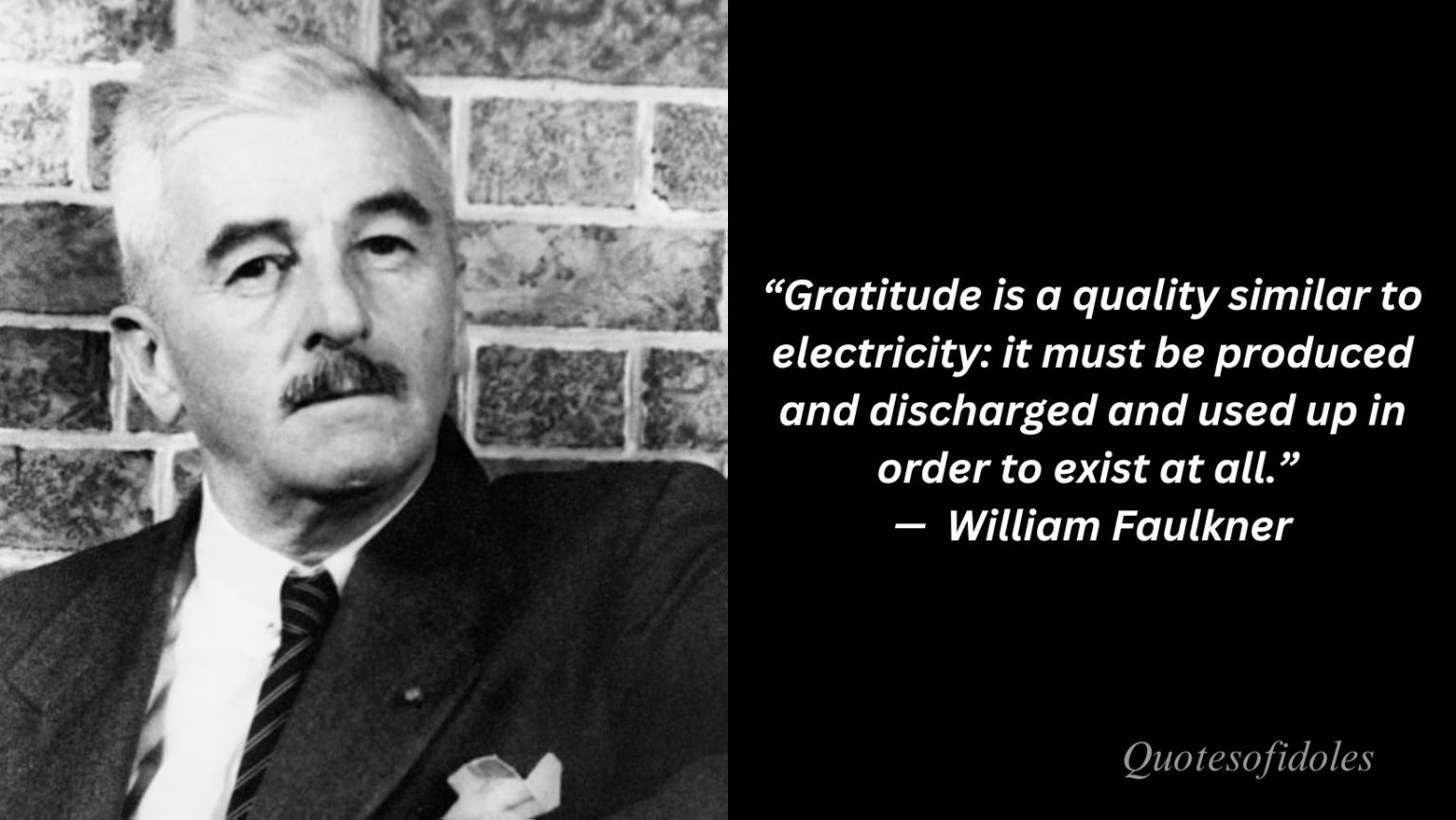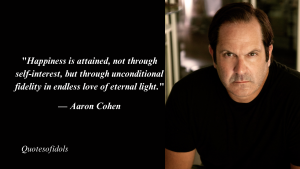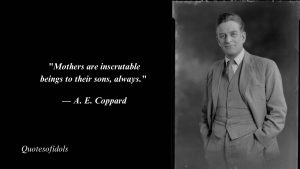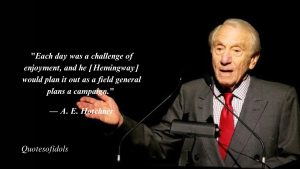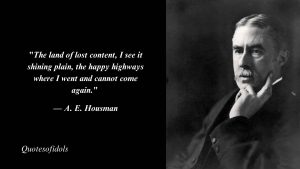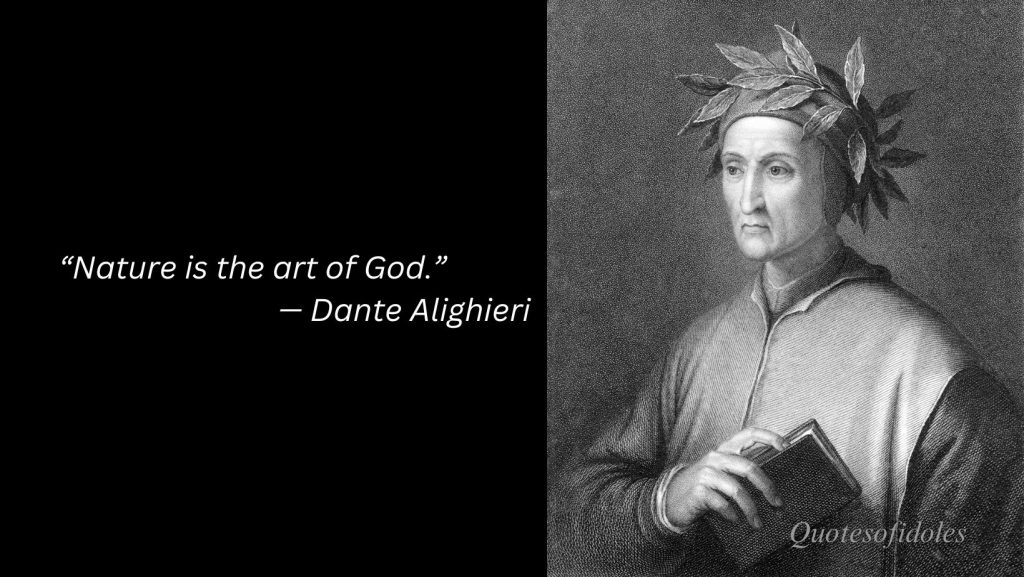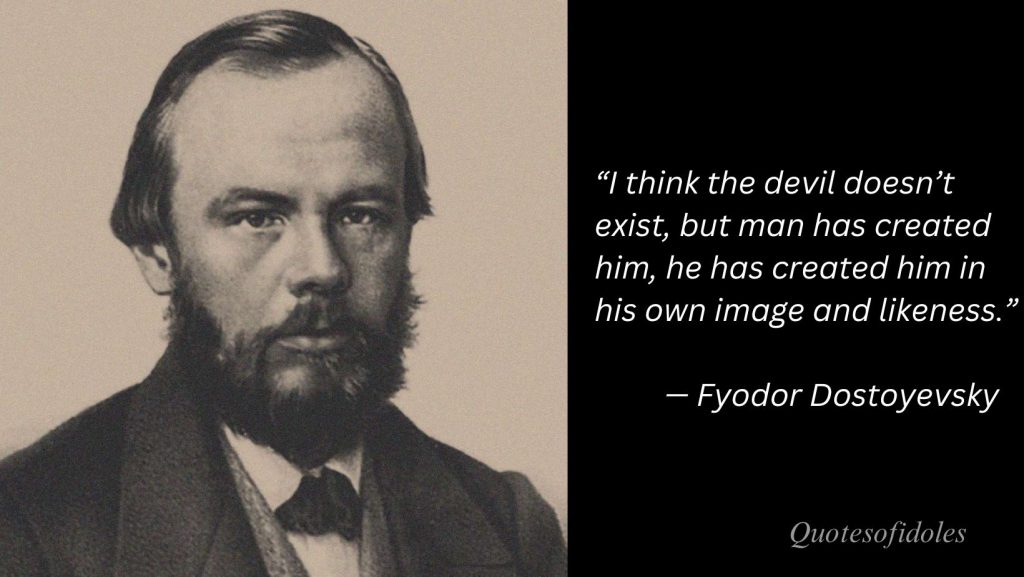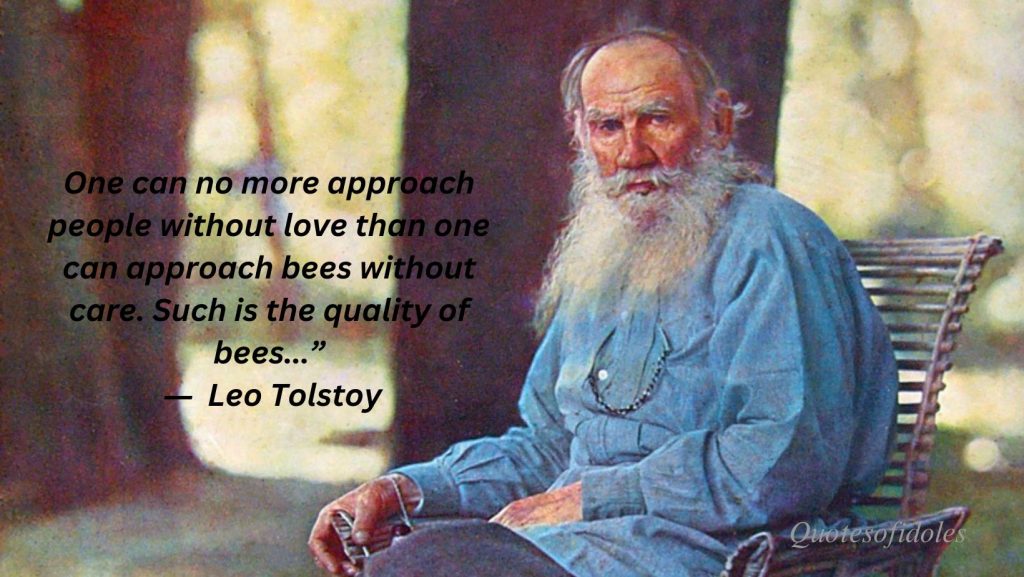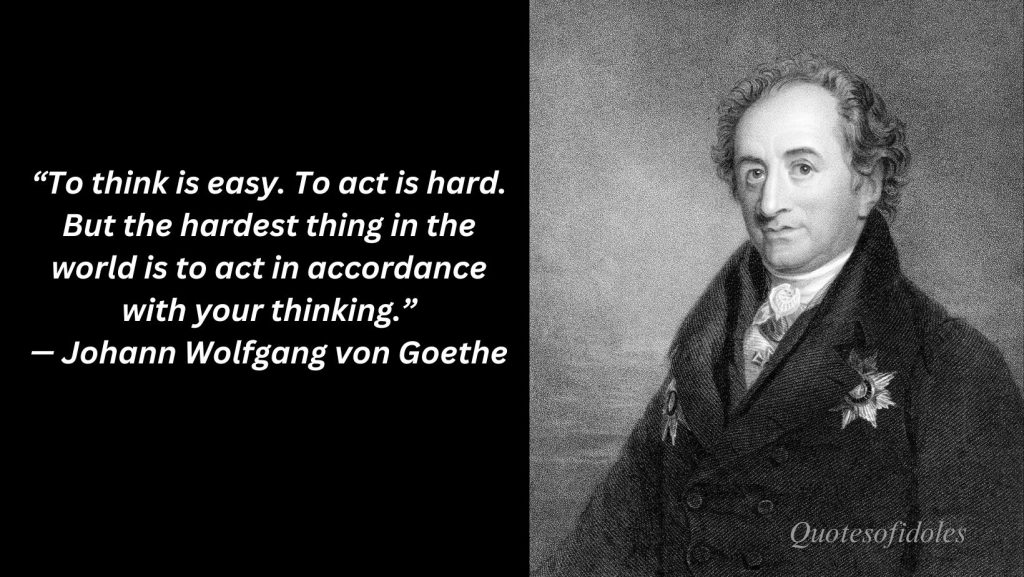William Cuthbert Faulkner (September 25, 1897 – July 6, 1962) was an American writer known for his novels and short stories set in the fictional Yoknapatawpha County, based on Lafayette County, Mississippi, where Faulkner spent most of his life. A Nobel laureate, Faulkner is one of the most celebrated writers of American literature and often is considered the greatest writer of Southern literature.
William Faulkner Quotes
1. “You cannot swim for new horizons until you have courage to lose sight of the shore.”
— William Faulkner
2. “The past is never dead. It’s not even past.”
— William Faulkner
3. “History is not was, it is.”
— William Faulkner
4. “Don’t bother just to be better than others. Try to be better than yourself.”
— William Faulkner
5. “The only thing worth writing about is the human heart in conflict with itself.”
— William Faulkner
6. “You don’t love because: you love despite; not for the virtues, but despite the faults.”
— William Faulkner
7. “Try to be better than yourself.”
— William Faulkner
8. “In writing, you must kill all your darlings.”
— William Faulkner
9. “Given the choice between the experience of pain and nothing, I would choose pain.”
— William Faulkner
10. “To understand the world, you must first understand a place like Mississippi.”
— William Faulkner
11. “Read, read read. Read everything.”
— William Faulkner
12. “Don’t do what you can do – try what you can’t do.”
— William Faulkner
13. “Read, read, read. Read everything – trash, classics, good and bad, and see how they do it. Just like a carpenter who works as an apprentice and studies the master. Read! You’ll absorb it. Then write. If it’s good, you’ll find out. If it’s not, throw it out of the window.”
— William Faulkner
14. “If a story is in you, it has to come out.”
— William Faulkner
15. “You have to write badly in order to write well.”
— William Faulkner
16. “Get it down. Take chances. It may be bad, but it’s the only way you can do anything good.”
— William Faulkner
17. “Our most treasured family heirloom are our sweet family memories. The past is never dead, it is not even past.”
— William Faulkner
18. “Perhaps they were right putting love into books. Perhaps it could not live anywhere else.”
— William Faulkner
19. “Writing a first draft is like trying to build a house in a strong wind.”
— William Faulkner
20. “If happy I can be I will, if suffer I must I can.”
— William Faulkner
21. “We must be free not because we claim freedom, but because we practice it.”
— William Faulkner
22. “If I had not existed, someone else would have written me, Hemingway, Dostoyevsky, all of us.”
— William Faulkner
23. “Memory believes before knowing remembers. Believes longer than recollects, longer than knowing even wonders.”
— William Faulkner
24. “I never know what I think about something until I read what I’ve written on it.”
— William Faulkner
25. “Civilization begins with distillation.”
— William Faulkner
26. “Gratitude is a quality similar to electricity: it must be produced and discharged and used up in order to exist at all.”
— William Faulkner
27. “Between grief and nothing, I will take grief.”
— William Faulkner
28. “Dreams have only one owner at a time. That’s why dreamers are lonely.”
— William Faulkner
29. “You must always know the past, for there is no real Was, there is only Is.”
— William Faulkner
30. “The past is never dead. It’s not even past; it’s always part of the present.”
— William Faulkner
31. “A gentleman accepts the responsibility of his actions and bears the burden of their consequences.”
— William Faulkner
32. “People need trouble – a little frustration to sharpen the spirit on, toughen it.”
— William Faulkner
33. “Only when the clock stops does time come to life.”
— William Faulkner
34. “Some days in late August at home are like this, the air thin and eager like this, with something in it sad and nostalgic and familiar…”
— William Faulkner
35. “How often have I lain beneath rain on a strange roof, thinking of home.”
— William Faulkner
36. “Believe that man will not merely endure; he will prevail.”
— William Faulkner
37. “It begins with a character, usually, and once he stands up on his feet and begins to move, all I can do is trot along behind him with a paper and pencil trying to keep up long enough to put down what he says and does.”
— William Faulkner
38. “Teach yourself by your own mistakes; people learn only by error.”
— William Faulkner
39. “The saddest thing about love, Joe, is that not only the love cannot last forever, but even the heartbreak is soon forgotten.”
— William Faulkner
40. “I discovered that my own little postage stamp of native soil was worth writing about and that I would never live long enough to exhaust it.”
— William Faulkner
41. “Time is a fluid condition which has no existence except in the momentary avatars of individual people. There is no such thing as was – only is.”
— William Faulkner
42. “I’m a failed poet. Maybe every novelist wants to write poetry first, finds he can’t and then tries the short story which is the most demanding form after poetry. And failing at that, only then does he take up novel writing.”
— William Faulkner
43. “A writer needs three things, experience, observation, and imagination, any two of which, at times any one of which, can supply the lack of the others.”
— William Faulkner
44. “Tomorrow night is nothing but one long sleepless wrestle with yesterday’s omissions and regrets.”
— William Faulkner
45. “It is the writer’s privilege to help man endure by lifting his heart.”
— William Faulkner
46. “A man is the sum of his misfortunes.”
— William Faulkner
47. “Setting an example for your children takes all the fun out of middle age Conditions are never just right. People who delay action until all factors are favorable do nothing.”
— William Faulkner
48. “Now she hates me. I have taught her that, at least.”
— William Faulkner
49. “The end of wisdom is to dream high enough to lose the dream in the seeking of it.”
— William Faulkner
50. “My mother is a fish.”
— William Faulkner
51. “Caddy smelled like trees.”
— William Faulkner
52. “Your illusions are a part of you like your bones and flesh and memory.”
— William Faulkner
53. “Truth; that long clean clear simple undeniable unchallengeable straight and shining line, on one side of which black is black and on the other white is white, has now become an angle, a point of view.”
— William Faulkner
54. “Do not bother just to be better than your contemporaries or predecessors. Try to be better than yourself.”
— William Faulkner
55. “A fellow gets to thinking. About all the sorrow and afflictions in this world; how it’s liable to strike anywhere, like lightning.”
— William Faulkner
56. “Memory believes before knowing remembers.”
— William Faulkner
57. “It seems impossible for a man to learn the value of money without first having to learn to waste it.”
— William Faulkner
58. “No man can write who is not first a humanitarian.”
— William Faulkner
59. “Facts and truth really don’t have much to do with each other.”
— William Faulkner
60. “There is no was.”
— William Faulkner
61. “Talk, talk, talk: the utter and heartbreaking stupidity of words.”
— William Faulkner
62. “The best fiction is far more true than any journalism.”
— William Faulkner
63. “I only write when I feel the inspiration. Fortunately, inspiration strikes at 10:00 o’clock every day.”
— William Faulkner
64. “There is something about jumping a horse over a fence, something that makes you feel good. Perhaps it’s the risk, the gamble. In any event it’s a thing I need.”
— William Faulkner
65. “An artist is completely amoral in that he will rob, beg, borrow, or steal from anybody and everybody to get the work done.”
— William Faulkner
66. “All men are just accumulations dolls stuffed with sawdust swept up from the trash heaps where all previous dolls had been thrown away.”
— William Faulkner
67. “A gentleman can live through anything.”
— William Faulkner
68. “It’s always the idle habits you acquire which you will regret.”
— William Faulkner
69. “It’s the most satisfying occupation man has discovered yet, because you never can quite do it as well as you want to, so there’s always something to wake up tomorrow morning to do.”
— William Faulkner
70. “She loved him not only in spite of but because he himself was incapable of love.”
— William Faulkner
71. “Who gathers the withered rose?”
— William Faulkner
72. “Pouring out liquor is like burning books.”
— William Faulkner
73. “They killed us, but they ain’t whooped us yet.”
— William Faulkner
74. “Ever since then I have believed that God is not only a gentleman and a sport; he is a Kentuckian too.”
— William Faulkner
75. “Wonder. Go on and wonder.”
— William Faulkner
76. “Be scared. You can’t help that. But don’t be afraid.”
— William Faulkner
77. “Unless you’re ashamed of yourself now and then, you’re not honest.”
— William Faulkner
78. “I am not one of those women who can stand things.”
— William Faulkner
79. “Always dream and shoot higher than you know you can do.”
— William Faulkner
80. “I will never lie again.”
— William Faulkner
81. “Knowing not grieving remembers a thousand savage and lonely streets.”
— William Faulkner
82. “Fear is the most damnable, damaging thing to human personality in the whole world.”
— William Faulkner
83. “Sin and love and fear are just sounds that people who never sinned nor loved nor feared have for what they never had and cannot have until they forget the words.”
— William Faulkner
84. “We cannot choose freedom established on a hierarchy of degrees of freedom, on a caste system of equality like military rank. We must be free not because we claim freedom, but because we practice it.”
— William Faulkner
85. “My ideal job? Landlord of a bordello! The company’s good and the mornings are quiet, which is the best time to write.”
— William Faulkner
86. “An artist is a creature driven by demons. He doesn’t know why they choose him and he’s usually too busy to wonder why.”
— William Faulkner
87. “At least this will be my chance to find out if I am what I think I am or if I just hope; if I am going to do what I have taught myself is right or if I am just going to wish I were.”
— William Faulkner
88. “Idleness breeds our better virtues.”
— William Faulkner
89. “The aim of every artist is to arrest motion, which is life, by artificial means and hold it fixed so that a hundred years later, when a stranger looks at it, it moves again since it is life.”
— William Faulkner
90. “You should approach Joyce’s Ulysses as the illiterate Baptist preacher approaches the Old Testament: with faith.”
— William Faulkner
91. “A writer must teach himself that the basest of all things is to be afraid.”
— William Faulkner
92. “The writer in America isn’t part of the culture of this country. He’s like a fine dog. People like him around, but he’s of no use.”
— William Faulkner
93. “So long as the deceit ran along quiet and monotonous, all of us let ourselves be deceived, abetting it unawares or maybe through cowardice…”
— William Faulkner
94. “A man is the sum of his misfortunes. One day you’d think misfortune would get tired but then time is your misfortune.”
— William Faulkner
95. “It takes two people to make you, and one people to die. That’s how the world is going to end.”
— William Faulkner
96. “If you could just ravel out into time. That would be nice. It would be nice if you could just ravel out into time.”
— William Faulkner
97. “A mule will labor ten years willingly and patiently for you, for the privilege of kicking you once.”
— William Faulkner
98. “I’m bad and I’m going to hell, and I don’t care. I’d rather be in hell than anywhere where you are.”
— William Faulkner
99. “She was the captain of her soul.”
— William Faulkner
100. “It’s all now you see: tomorrow began yesterday and yesterday won’t be over until tomorrow.”
— William Faulkner
101. “Mississippi begins in a lobby of a Memphis, Tennessee hotel and extends south to the Gulf of Mexico.”
— William Faulkner
102. “Nothing can destroy the good writer. The only thing that can alter the good writer is death. Good ones don’t have time to bother with success or getting rich.”
— William Faulkner
103. “Life was created in the valleys. It blew up onto the hills on the old terrors, the old lusts, the old despairs. That’s why you must walk up the hills so you can ride down.”
— William Faulkner
104. “You can’t beat women anyhow and that if you are wise or dislike trouble and uproar you don’t even try to.”
— William Faulkner
105. “I never promise a woman anything nor let her know what I’m going to give her. That’s the only way to manage them. Always keep them guessing. If you cant think of any other way to surprise them, give them a bust in the jaw.”
— William Faulkner
106. “Man the sum of what have you. A problem in impure properties carried tediously to an unvarying nil: stalemate of dust and desire.”
— William Faulkner
107. “All of us labor in webs spun long before we were born.”
— William Faulkner
108. “My own experience has been that the tools I need for my trade are paper, tobacco, food, and a little whisky.”
— William Faulkner
109. “Be scared. You can’t help that. But don’t be afraid. Ain’t nothing in the woods going to hurt you unless you corner it, or it smells that you are afraid. A bear or a deer, too, has got to be scared of a coward the same as a brave man has got to be.”
— William Faulkner
110. “My, my. A body does get around.”
— William Faulkner
111. “I decline to accept the end of man.”
— William Faulkner
112. “Because no battle is ever won he said. They are not even fought. The field only reveals to man his own folly and despair, and victory is an illusion of philosophers and fools.”
— William Faulkner
113. “There is that might-have-been which is the single rock we cling to above the maelstrom of unbearable reality.”
— William Faulkner
114. “You can’t. You just have to.”
— William Faulkner
115. “There are some things for which three words are three too many, and three thousand words that many words too less.”
— William Faulkner
116. “All of us failed to match our dreams of perfection. So I rate us on the base of our splendid failure to do the impossible.”
— William Faulkner
117. “Even sound seemed to fail in this air, like the air was worn out with carrying sounds so long.”
— William Faulkner
118. “The salvation of the world is in man’s suffering.”
— William Faulkner
119. “Curiosity is a mistress whose slaves decline no sacrifice.”
— William Faulkner
120. “And even a liar can be scared into telling the truth, same as honest man can be tortured into telling a lie.”
— William Faulkner
121. “All of us failed to match our dreams of perfection.”
— William Faulkner
122. “She clung to that which had robbed her, as people do.”
— William Faulkner
123. “I believe in God, God. God, I believe in God.”
— William Faulkner
124. “The best job that was ever offered to me was to become a landlord in a brothel. In my opinion it’s the perfect milieu for an artist to work in.”
— William Faulkner
125. “Nothing matters but breath, breathing, to know and to be alive.”
— William Faulkner
126. “Listen to the voices.”
— William Faulkner
127. “Though children can accept adults as adults, adults can never accept children as anything but adults too.”
— William Faulkner
128. “We have all heard what we wanted to hear! Truth that sounds right to our ears!”
— William Faulkner
129. “You intend to kiss me and yet you are going to all this damn trouble about it.”
— William Faulkner
130. “You’re not being tried by common sense,” Horace said. “You’re being tried by a jury.”
— William Faulkner
131. “Who owned no property and never desired to since the earth was no man’s but all men’s, as light and air and weather were.”
— William Faulkner
132. “War is an episode, a crisis, a fever the purpose of which is to rid the body of fever. So the purpose of a war is to end the war.”
— William Faulkner
133. “With me, a story usually begins with a single idea or mental picture. The writing of the story is simply a matter of working up to that moment, to explain why it happened or what caused it to follow.”
— William Faulkner
134. “Nothing can injure a man’s writing if he’s a first-rate writer. If a man is not a first-rate writer, there’s not anything can help it much. The problem does not apply if he is not first rate because he has already sold his soul for a swimming pool.”
— William Faulkner
135. “There is no such thing as was – only is. If was existed, there would be no grief or sorrow.”
— William Faulkner
136. “It used to be I thought of death as a man something like Grandfather a friend of his a kind of private and particular friend like we used to think of Grandfather’s desk not to touch it not even to talk loud in the room where it was.”
— William Faulkner
137. “I could just remember how my father used to say that the reason for living was to get ready to stay dead a long time.”
— William Faulkner
138. “I feel like a wet seed wild in the hot blind earth.”
— William Faulkner
139. “How do our lives ravel out into the no-wind, no-sound, the weary gestures wearily recapitulant: echoes of old compulsions with no-hand on no-string: in sunset we fall into furious attitudes, dead gestures of dolls.”
— William Faulkner
140. “Only a fool tries to outsmart smart people, and anyone that tries to fool fools is himself already one.”
— William Faulkner
141. “The scattered tea goes with the leaves and every day a sunset dies.”
— William Faulkner
142. “It’s not when you realise that nothing can help you – religion, pride, anything – it’s when you realise that you don’t need any aid.”
— William Faulkner
143. “I can remember how when I was young I believed death to be a phenomenon of the body; now I know it to be merely a function of the mind – and that of the minds of the ones who suffer the bereavement. The nihilists say it is the end; the fundamentalists, the beginning; when in reality it is no more than a single tenant or family moving out of a tenement or a town.”
— William Faulkner
144. “Through the fence, between the curling flower spaces, I could see them hitting.”
— William Faulkner
145. “For every Southern boy fourteen years old, not once but whenever he wants it, there is the instant when it’s still not yet two o’clock on that July afternoon in 1863.”
— William Faulkner
146. “Riches is nothing in the face of the Lord, for He can see into the heart.”
— William Faulkner
147. “All the past is not a diminishing road but, instead, a huge meadow which no winter ever quite touches, divided from them now by the narrow bottle-neck of the most recent decade of years.”
— William Faulkner
148. “Every man has a different idea of what’s beautiful, and it’s best to take the gesture, the shadow of the branch, and let the mind create the tree.”
— William Faulkner
149. “Success is feminine and like a woman, if you cringe before her, she will override you.”
— William Faulkner
150. “To live anywhere in the world today and be against equality because of race or color is like living in Alaska and being against snow.”
— William Faulkner
151. “We must just stay awake and see evil done for a little while it’s not always.”
— William Faulkner
152. “The work never matches the dream of perfection the artist has to start with.”
— William Faulkner
153. “People need trouble – a little frustration to sharpen the spirit on, toughen it. Artists do; I don’t mean you need to live in a rat hole or gutter, but you have to learn fortitude, endurance. Only vegetables are happy.”
— William Faulkner
154. “Women do have an affinity for evil, for believing that no woman is to be trusted, but that some men are too innocent to protect themselves.”
— William Faulkner
155. “People to whom sin is just a matter of words, to them salvation is just words too.”
— William Faulkner
156. “And then he died. He did not know he was dead.”
— William Faulkner
157. “The poet’s voice need not merely be the record of man, it can be one of the props, the pillars to help him endure and prevail.”
— William Faulkner
158. “It’s a shame that the only thing a man can do for eight hours a day is work. He can’t eat for eight hours; he can’t drink for eight hours; he can’t make love for eight hours. The only thing a man can do for eight hours is work.”
— William Faulkner
159. “We had long thought of them as a tableau; Miss Emily a slender figure in white in the background, her father a straddled silhouette in the foreground, his back to her and clutching a horsewhip, the two of them framed by the back-flung front door.”
— William Faulkner
160. “I knew that nobody but a luckless man could ever need a doctor in the face of a cyclone.”
— William Faulkner
161. “Man performs and engenders so much more than he can or should have to bear. That’s how he finds that he can bear anything.”
— William Faulkner
162. “Tell about the South. What’s it like there. What do they do there. Why do they live there. Why do they live at all.”
— William Faulkner
163. “I give you the mausoleum of all hope and desire; it’s rather excruciating-ly apt that you will use it to gain the reducto absurdum of all human experience.”
— William Faulkner
164. “When Miss Emily Grierson died, our whole town went to her funeral: the men through a sort of respectful affection for a fallen monument, the women mostly out of curiosity to see the inside of her house, which no one save an old manservant – a combined gardener and cook – had seen in at least ten years.”
— William Faulkner
165. “The aim of every artist is to arrest motion, which is life, by artificial means.”
— William Faulkner
166. “And I reckon them that are good must suffer for it the same as them that are bad.”
— William Faulkner
167. “Purity is a negative state and therefore contrary to nature.”
— William Faulkner
168. “Just when do men that have different blood in them stop hating one another?”
— William Faulkner
169. “Because I said will I or won’t I when the sack was half-full because I said if the sack is full when we get to the woods it won’t be me. I said if it don’t mean for me to do it the sack will not be full and I will turn up the next row but if the sack is full, I cannot help it. It will be that I had to do it all the time and I cannot help it. And we picked on toward the secret shade and our eyes would drown together touching on his hands and my hands and I didn’t say anything.”
— William Faulkner
170. “It’s all now you see. Yesterday won’t be over until tomorrow and tomorrow began ten thousand years ago.”
— William Faulkner
171. “I took out my watch and listened to it clicking away, not knowing it couldn’t even lie.”
— William Faulkner
172. “I don’t care much for facts, am not much interested in them, you can’t stand a fact up, you’ve got to prop it up, and when you move to one side a little and look at it from that angle, it’s not thick enough to cast a shadow in that direction.”
— William Faulkner
173. “The sun, an hour above the horizon, is poised like a bloody egg upon a crest of thunderheads; the light has turned copper: in the eye portentous, in the nose sulphurous, smelling of lightning.”
— William Faulkner
174. “If there is a God what the hell is He for?”
— William Faulkner
175. “Don Quixote – I read that every year, as some do the Bible.”
— William Faulkner
176. “On the instant when we come to realize that tragedy is second-hand.”
— William Faulkner
177. “That’s the one trouble with this country: everything, weather, all, hangs on too long. Like our rivers, our land: opaque, slow, violent; shaping and creating the life of man in its implacable and brooding image.”
— William Faulkner
178. “What a writer’s obituary should read – he wrote the books, then he died.”
— William Faulkner
179. “In a strange room you must empty yourself for sleep. And before you are emptied for sleep, what are you. And when you are emptied for sleep, you are not. And when you are filled with sleep, you never were.”
— William Faulkner
180. “Everyone in the South has no time for reading because they are all too busy writing.”
— William Faulkner
181. “The three quarters began. The first note sounded, measured and tranquil, serenely peremptory, emptying the unhurried silence for the next one and that’s it if people could only change one another forever that way merge like a flame swirling up for an instant then blown cleanly out along the cool eternal dark instead of lying there trying not to think of the swing until all cedars came to have that vivid dead smell of perfume that Benjy hated so.”
— William Faulkner
182. “That’s what they mean by the love that passeth understanding: that pride, that furious desire to hide that abject nakedness which we bring here with us, carry with us into operating rooms, carry stubbornly and furiously with us into the earth again.”
— William Faulkner
183. “A man’s moral conscience is the curse he had to accept from the gods in order to gain from them the right to dream.”
— William Faulkner
184. “The good artist believes that nobody is good enough to give him advice. He has supreme vanity. No matter how much he admires the old writer, he wants to beat him.”
— William Faulkner
185. “When we saw her again her hair was cut short, making her look like a girl, with a vague resemblance to those angels in colored church windows – sort of tragic and serene.”
— William Faulkner
186. “The air brightened, the running shadow patches were now the obverse, and it seemed to him that the fact that the day was clearing was another cunning stroke on the part of the foe, the fresh battle toward which he was carrying ancient wounds.”
— William Faulkner
187. “Poor man. Poor mankind.”
— William Faulkner
188. “War and drink are the two things man is never too poor to buy.”
— William Faulkner
189. “Caddy got the box and set it on the floor and opened it. It was full of stars. When I was still, they were still. When I moved, they glinted and sparkled. I hushed.”
— William Faulkner
190. “I have found that the greatest help in meeting any problem with decency and self-respect and whatever courage is demanded, is to know where you yourself stand. That is, to have in words what you believe and are acting from.”
— William Faulkner
191. “Forget grief. Only an idiot has no grief, and only a fool would forget it. What else is there in this world sharp enough to stick to your guts?”
— William Faulkner
192. “She was bored. She loved, had capacity to love, for love, to give and accept love. Only she tried twice and failed twice to find somebody not just strong enough to deserve it, earn it, match it, but even brave enough to accept it.”
— William Faulkner
193. “When my horse is running good, I don’t stop to give him sugar.”
— William Faulkner
194. “Most men are a little better than their circumstances give them a chance to be.”
— William Faulkner
195. “Dear God, let me be damned a little longer, a little while.”
— William Faulkner
196. “It’s because I’m alone… If I could just feel it, it would be different, because I would not be alone. But if I were not alone, everybody would know it. And he could do so much for me, and then I would not be alone. Then I could be all right alone.”
— William Faulkner
197. “The reason you will not say it is, when you say it, even to yourself, you will know it is true.”
— William Faulkner
198. “I know now that what makes a fool is an inability to take even his own good advice.”
— William Faulkner
199. “Did you ever have a sister? did you?”
— William Faulkner
200. “The destiny of the land, the nation, the South, the State, the County, was already whirling into the plunge of its precipice, not that the State and the South knew it, because the first seconds of fall always seem like soar.”
— William Faulkner
